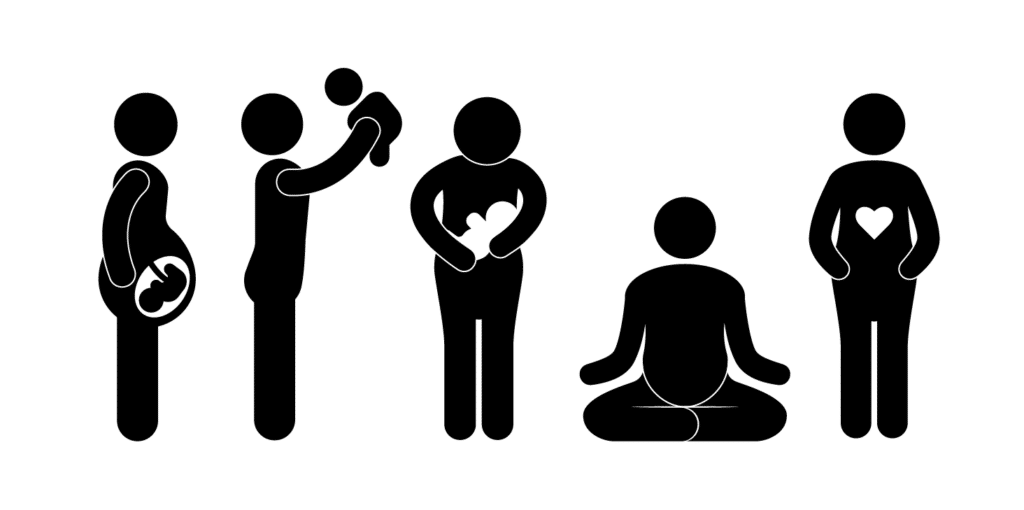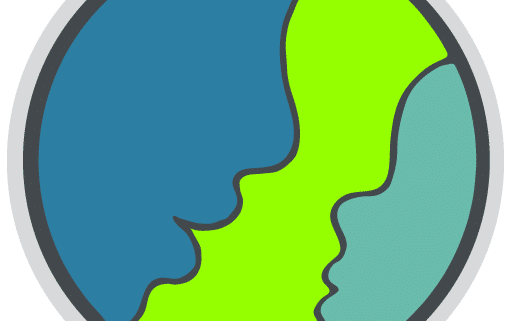It’s Maternal Mental Health Awareness Month in May. Whether it’s caring for their kids, running the household, or earning money for the family, they do it all. Searching for the right postpartum depression help in Salt Lake City, Utah can be a handful. Mothers can make it look so easy when it can be anything but. And the challenges in terms of mental health and wellbeing can begin even from the early stages of pregnancy. Alongside morning sickness, mood swings, severe fatigue, nasal congestion, and increased appetite it is also common for mothers to face medical complications related to depression and anxiety.
However, the struggles of motherhood don’t simply vanish when the child is born, but rather, different challenges tend to surface. Difficulties related to breastfeeding, a lack of sleep from constantly tending to the baby’s needs all while having a body that is healing from bringing new life into this world. There is a lot for mothers to deal with, which can lead to heavier amounts of mental stress. This is where searching for the right postpartum depression help in Salt Lake City, Utah can be helpful. So, let’s take some time to honor all moms by learning how to best support their mental health and well-being.
Postpartum Depression Symptoms
It is important to understand that depression and anxiety can happen at any point during a woman’s lifetime but for many mothers, the period around pregnancy and after the birth of a new child can be a particularly high-risk period for their mental health. There’s a collective term now for prenatal depression before the baby’s born and postpartum depression after the baby’s born — perinatal depression. It is considered normal to get the ‘baby blues’ for a couple of days after giving birth since it has an immense impact on a woman’s mind and body. However, if feelings of sadness/emptiness last for more than two weeks in the post-birth period it is likely one could be suffering from postpartum depression (Office on Women’s Health, 2019) and it may be useful for them to seek out advice from their healthcare provider. One may also experience other signs and symptoms of anxiety and depression that are worth looking out for, such as:
- Feeling sad with little to no warning
- Feeling unreasonably angry or irritated
- Feeling mentally ‘foggy’ and finding it hard to execute simple tasks
- Feeling anxious around the baby or other children
- Feeling like a failure as a mother leading to feelings of guilt

How Common is Postpartum Depression?
According to researchers, pregnant women and women with children commonly suffer from depression during and after pregnancy. In fact, it is so common that 1 in 8 women experience postpartum depression after giving birth, and rates seem to be on the rise. The Center for Disease Control and Prevention (2021) compared postpartum depression diagnoses of women who delivered babies in the year 2000 and 2015, showing that rates of postpartum depression had increased seven times in that 15-year period. In part, some of this increase may be related to increased awareness and screening for mental health problems in the postpartum period, although findings also showed that many women still are not routinely screened for depression and anxiety during postpartum follow-ups.
Risk Factors
It is difficult to pinpoint exactly what causes postpartum depression since there are many factors to consider. Not everyone experiences the same symptoms, so one person’s experience is not the same as another. Researchers think that a mix of emotional, physical, and environmental variables contribute to the cause. However, there are risk factors that can help women and their healthcare providers identify signs to look out for:
- A challenging birth or pregnancy
- Birthing twins or other multiples
- Depression & anxiety in your family history
- Going through financial problems
- Experiencing relationship problems with your partner
- Having an unplanned pregnancy
- Having little to no help from your partner, family, or friends when it comes to caring for your baby
So, what can expecting and new mothers do?
- Remember, even when it feels like it, you are not alone! Many women experience emotional health challenges, and it does not mean that you are weak or that you are not a good mother.
- Remember that this is temporary, and with help and time, you will feel better again.
- Be open and honest with your medical providers, especially your OB/GYN, about what you are feeling. They are trained to listen, reassure you, and to refer you to someone who can help, if needed.
- Consider attending a support group for new mothers. Postpartum Support International has online groups available.
- Talk to trusted love ones and family. Tell them how you feel, and what you need from them.
- Sleep, as difficult as it can be to obtain after having a new baby, can make a huge difference. Ask your support network to watch your baby so you can get some rest.
- Engage in self-care. Go for a walk outside. Talk to your friends on the phone. Set up a Zoom meeting. Eat nutritious meals. Avoid caffeine. Remember, when we take care of ourselves, we are in a better mind-space to care for those we love.
- Consider counseling and/or medication for symptoms, as recommended by your provider. Even during COVID-19, psychological and psychiatric treatment is an option. Many providers are even offering telehealth appointments so you can feel more comfortable adhering to social distancing recommendations. At New Roads Behavioral Health, our mental health providers are trained to help patients experiencing mental health symptoms during pregnancy, in the year following delivery, and symptoms related to fertility difficulties and pregnancy loss.

Mothers, It’s Time to Focus on You
It is important that mothers take the time to prioritize their mental health for both them and those around them. It is important to reach out to a professional for postpartum depression help in Salt Lake City, Utah. However, there are some small steps you can take today to help support healthy mental health practices.
Even small changes can have positive results. Here are some suggestions to try out:
- Make time for yourself by having a loved one, partner, or family friend look after the kids while you focus on yourself. Maybe it’s time to get out of the house to get a change of scenery? Or maybe, stay home and take a nice hot, relaxing bath.
- Try connecting with other moms in your community or online to get advice and an empathetic ear. It truly helps to not feel alone.
- Do something that you love as often as you can whether it’s reading a book, watching your favorite show or movie, or just listening to your favorite tune.
- Be realistic by understanding that you don’t have to be a ‘supermom.’ You cannot do everything. You don’t need the ‘perfect’ home. Just do your best while taking some time for yourself.
- It can be hard for some of us to ask for help, but we are all human. We need help from time to time and that’s okay!
- Schedule time in your week to connect with other people. As a mother, it can be easy to feel isolated, so take the time to see people in your life that can give you the company and comfort that you deserve.
- Seek out resources to get more ideas on how to best support yourself and your children. Postpartum Support International and your healthcare provider are suitable places to get started.
Contact New Roads Behavioral Health for postpartum depression help in Salt Lake City, Utah
If you or someone you know is experiencing postpartum depression in Salt Lake City, Utah, know that you’re not alone. Postpartum depression is a common mental health condition that affects many new mothers and can have a significant impact on their well-being and ability to care for their newborn.
At New Roads Behavioral Health in Salt Lake City, Utah, we specialize in treating postpartum depression and helping new mothers navigate this difficult time. Our team of experienced therapists and mental health professionals understands the unique challenges of postpartum depression and works with each patient to develop a personalized treatment plan.
Our treatment approach for postpartum depression may include a combination of therapy, medication, and lifestyle adjustments, depending on the individual needs and preferences of each patient. We prioritize creating a safe, supportive, and non-judgmental environment for our patients to explore their thoughts and feelings and develop coping skills to manage their symptoms.
We believe that seeking help for women with postpartum depression is a sign of strength, and we are committed to helping our patients feel empowered to take control of their mental health. If you or a loved one is experiencing postpartum depression or other mental health concerns, we’re here to help. Contact us today to schedule a consultation and take the first step towards healing.

